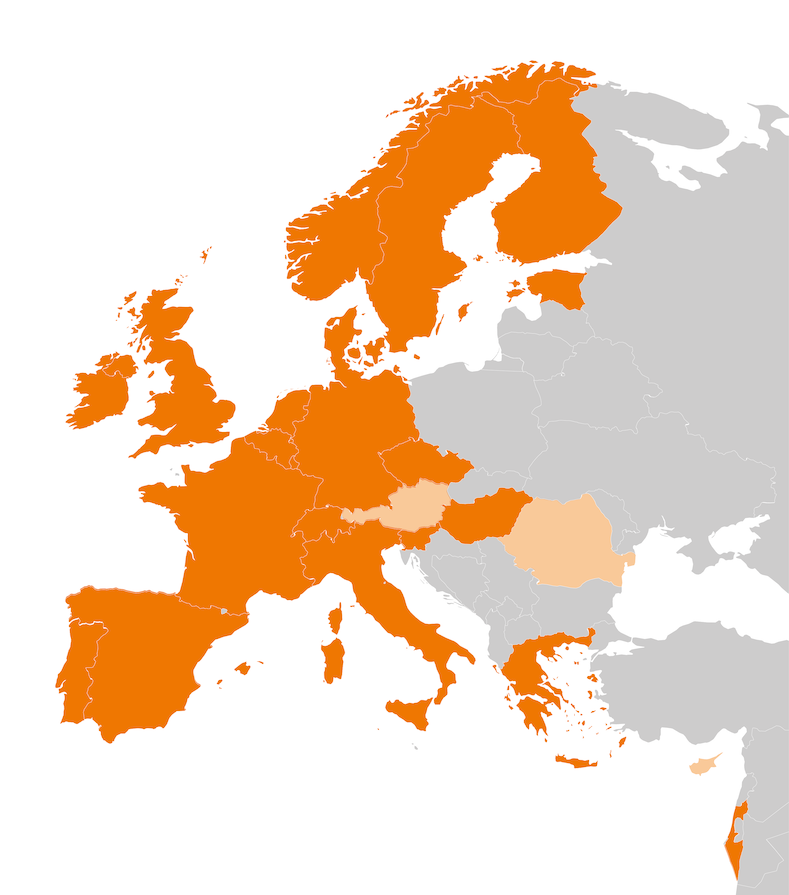ELIXIR Estonia
The purpose of ELIXIR is to construct and operate a sustainable infrastructure for biological information in Europe to support life science research and its translation to medicine and the environment, the bio-industries and society. These resources include databases, software tools, training materials, cloud storage and supercomputers.
The goal of ELIXIR is to coordinate these resources so that they form a single high quality infrastructure. This coordinated infrastructure makes it easier for researchers to find and share data, analyse their experiments, exchange knowledge, and agree on best practices.
Estonia joined ELIXIR as a full member in December 2013. The Estonian node focuses on developing and maintaining software tools and databases, linking of bioinformatics and biobanking, and last but not least, training researchers across borders.
Estonian ELIXIR Node is led by University of Tartu. Other partners are Tallinn University of Technology, National Institute for Physics and Biophysics, Tallinn University, and Estonian University of Life Sciences.

Free Autumn courses 2025 by ELIXIR Estonia
No more upcoming courses in 2025. 2026 courses will be announced soon
If you would like to be notified about the events, trainings and workshops running by ELIXIR Estonia, consider subscribing to the announcements mailing list
Latest news and announcements
University of Tartu Electronic Lab Notebook usage survey by ELIXIR Estonia
Have you used electronic lab notebook? Would you like to? Please fill in our survey. (For University of Tartu members only)
New Microchip Electrospinning Technology Paves the Way for Probiotic Wound Treatments
We are proud to share a recent publication by our team member, Marilin Moor, who contributed to a study on advanced wound care. Published in Materials Today Bio, the article titled “Living probiotics-loaded wound matrices prepared by microchip electrospinning” introduces a novel method for treating skin infections.
Review of An Intuitive Primer of Effective Genomics Study Design
“An Intuitive Primer on Effective Functional Genomics Study Design” by Yoav Gilad provides a clear and accessible guide to the principles of effective functional genomics study design. Instead of prescribing fixed protocols, it encourages readers to think critically about their choices. For students, teachers, and researchers entering the field, it is an insightful and practical resource that I highly recommend.
ELIXIR’s student topics for ATI Day 24.09.2025
ELIXIR Estonia is building and maintaining web tools and other resources for life science research. We aim to build things that last and are useful over a longer period. We offer 4 topics:
- Topic 1: Modernising KEGGanim web application
- Topic 2: Contrastive Learning for Microscopy Image Understanding
- Topic 3: Vision learning to understand how good a basketball player X is in situation Y?
- Topic 4: Evaluating the Impact of Data Update Frequency on Functional Annotations Across 1000 Species Using g:Profiler data archives



